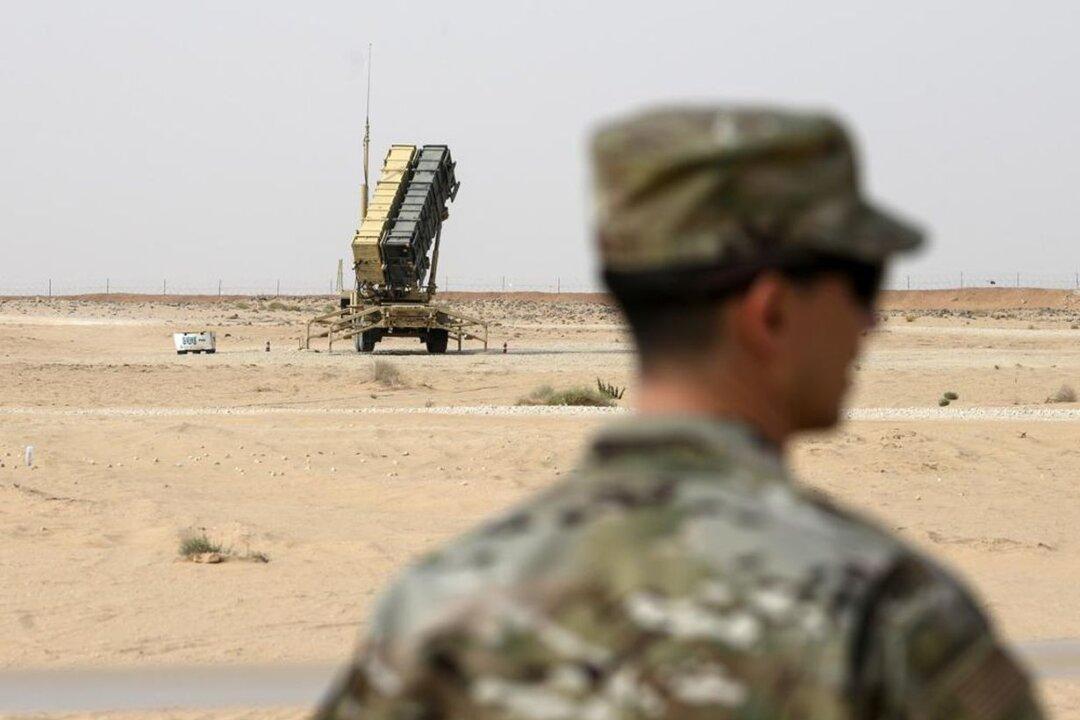The State Department has approved the possible sale of 300 Patriot missiles to Saudi Arabia for around $3.05 billion, according to the Defense Security Cooperation Agency (DSCA).
DSCA informed Congress of the possible sale on Tuesday, which comes after President Joe Biden visited the Gulf kingdom in July and met with King Salman bin Abdulaziz al-Saud and Crown Prince Mohammed bin Salman.





